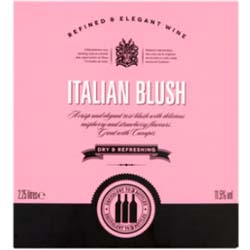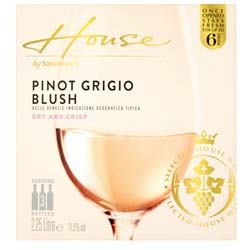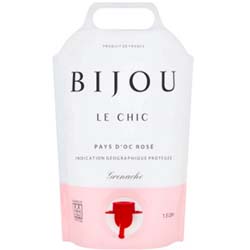Why we must consider alternatives to Glass
By Master of Wine, Christopher Burr
12/04/2022

In March, I wrote a piece about how incredibly detrimental the glass bottle for wine is for the environment.
I recently saw some consumer research which shows that most consumers think that the glass bottle is relatively environmentally friendly!
There are some 60 billion glass bottles made every year. Yes, glass bottles are attractive and a long-standing part of wine culture, but every bottle made uses 4000 watts of energy and generates 420 grams of CO2!
There are some 60 billion glass bottles made every year
Whist wine growing is very carbon positive as an agricultural product, this obsession with glass destroys all the benefits, and big time. Recycling is in fact no better, as the effect of melting and reforming bottles plus the transport of these heavy bottles actually compounds the carbon footprint.
The greatest collectible wines, made for long keeping and maturation may be excused continuing with glass, but they are only 1% of the total market.
For everyday and good premium wines, start to look out for the packaging with a far lower carbon footprint - cans, PET, Cardboard, and pouches have 20-40% less than glass.
M&S and Waitrose have some excellent wines in such packaging. So do others, now the weather is more spring like, there are some good roses in bags and pouches.
Try Asda’s Italian Blush Rosé in 2.25 litre box for £12.50. Fresh clean and fruity, perfect for a spring lunch wine.

Sainsbury’s House Pinot Grigio Blush in 2.25 Ltd box at £13.00 is light and crisp.

Although more expensive Waitrose have a 1.55 litre pouch of Bijou Grenache Rose, Le Chic 2020. A lovely Provençal rose with good concentration, lovely wild berry fruit and a crisp juicy finish. £16.99.

Let’s all start to do our bit for the environment, and look for good wines in some alternatives to glass.